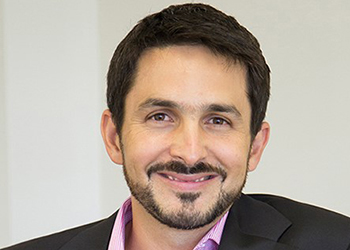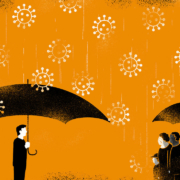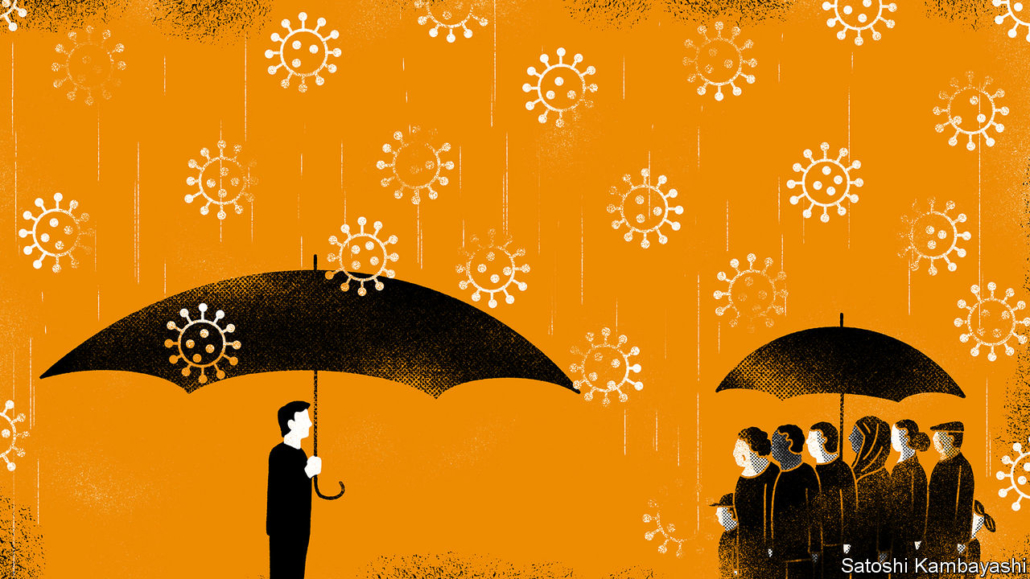An Open Letter to Policy Makers and Public Health Officials on
The Need to Prioritize Equity in Policy Responses to the COVID-19 Epidemic
Aggressive actions are necessary to contain the coronavirus (COVID-19) pandemic in the U.S. and the world. Some of these actions have resulted in policies of shelter-in-place, monitoring the movement and activities of the population, increased testing of the population and the closure of schools and other public assemblies. As experts in health disparities, however, we are concerned by a critical oversight that is likely to exacerbate the epidemic in the long run: the inadequate attention to health equity. Former president of the American Public Health Association (APHA), Dr. Camara Jones, defines health equity as “assurance of the conditions for optimal health for all people.” There is a crucial need to incorporate aspects of health equity into all public policies enacted to combat the coronavirus pandemic.
In the past, when health emergencies have occurred, failure to acknowledge and address health equity generated persistent and preventable damage to populations that often worsened over time. For example, scholars have documented such experiences in Venezuela (1992-1993) and Haiti (2010) with cholera epidemics. Short term thinking focused only on the immediate disease agent (i.e., bacterium or virus) and did little to eliminate the societal inequities which fostered the environment for the pandemic in the first place. Those inequities shape the nature and impact of its spread.
Numerous studies document that racism, anti-immigrant sentiment and racial scapegoating facilitate the dismissal of the health concerns and perspectives of undocumented immigrants, racial/ethnic minorities, incarcerated persons, people living on reservations, people living in poor communities and other vulnerable communities. Often, the concerns and particular needs of these individuals are overlooked or dismissed in the creation of public health policies in times of need and crises.
Assumptions about the availability of and access to resources often do not reflect the reality for many of these distressed and overlooked communities. For instance, in recommending frequent handwashing, one must also ask whether this is feasible for residents of neighborhoods with unsafe (or unavailable) tap water to regularly wash their hands with warm water and soap? Or, is it realistic for people detained in the prisons to maintain social distances of at least six feet? If the answer to any such question is no, then we have a professional responsibility to develop appropriate alternatives. Failure to extend recommendations, testing and treatment to such populations in a timely and appropriate manner is tantamount to designing an intervention that ignores over them completely.
Drawing on more than 500 studies published over the last twenty years on how social injustices produce health inequities, we urge serious consideration of eight recommendations to prioritize equity in policy responses to the COVID-19 pandemic.
1. Prioritize the needs of diverse vulnerable populations at each stage of the response. These include, but are not limited to, immigrant communities, including the Chinese and Asian American communities that have already been the subject of online and in-person abuse and harassment, racial and ethnic minority communities, homeless persons, incarcerated persons, and people living in poor as well as rural communities.
2. Challenge narratives of the epidemic that scapegoat Chinese people or other Asians. Stereotyping in this way leads to fear, rude or discriminatory treatment, delayed testing or care, and ultimately further spread of the virus.
3. Ensure members of these populations have a seat at the leadership table in planning and carrying out the responses. That allows them to share directly the insights needed to develop effective, sustainable strategies for their communities.
4. Develop multiple prevention and intervention strategies, some that address the needs of the overall population and others that address the unique needs of marginalized groups. Recognize that the circumstances affecting vulnerable populations are multilayered. Accordingly, the solutions needed in these populations warrant greater initial investments than do the solutions needed in more advantaged communities.
5. Find out what the needs and wishes of these marginalized populations are. Many of the needs are shaped by longstanding structural inequalities, such as living in racially segregated neighborhoods, and related constraints affecting transportation, employment, education and healthcare access.
6. Consider the obstacles to implementing any potential policy or strategy that may already exist in diverse populations and situations. For instance, some communities may have barriers to handwashing due to unsafe or unavailable water sources; they may also lack access to personal protective equipment (latex gloves, masks) or to healthcare providers.
7. Allocate sufficient resources in the budget to implement the prevention and intervention strategies in the most marginalized communities. The budget must ensure the plan can be fully implemented.
8. Acknowledge that all communities have and draw on resilience. Noted global health educator, Collins Airhihenbuwa, emphasizes that every community, no matter how marginalized, has sources of resilience. These sources of resilience enables communities to sustain themselves and persevere even after the public health professionals have left.
The evidence from history is clear. Movement toward equity has always required health equity champions to fight from inside while community members organized in the streets. Unless our responses to the COVID-19 pandemic challenge its racial framing and prioritize the needs of racial/ethnic minorities, immigrants, poor and other vulnerable groups, COVID-19 is likely to persist in these pockets of our society. As long as it does, COVID-19 will remain a threat to the health of all. It has been suggested that a nation’s greatness is measured by how it treats its most vulnerable members. This is our chance to show how great and equitable a nation we can be.
Chandra L. Ford, PhD, MPH, MLIS
Kia Skrine Jeffers, PhD, RN, PHN, SAG-AFTRA
UCLA Fielding School of Public Health
 As an economist and director of the California Policy Lab, Till von Wachter is continually spearheading research projects and policy recommendations related to labor and employment as well as homelessness, education and crime.
As an economist and director of the California Policy Lab, Till von Wachter is continually spearheading research projects and policy recommendations related to labor and employment as well as homelessness, education and crime.



